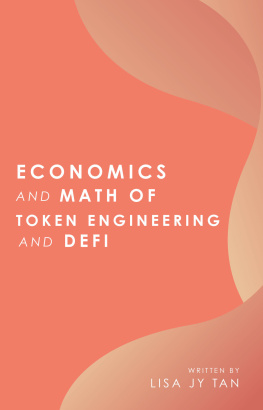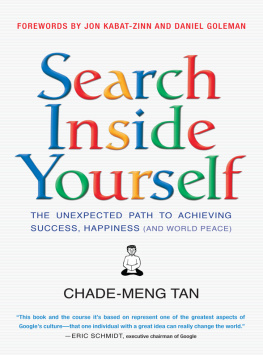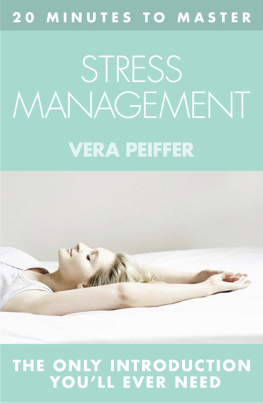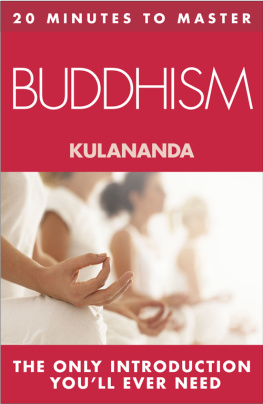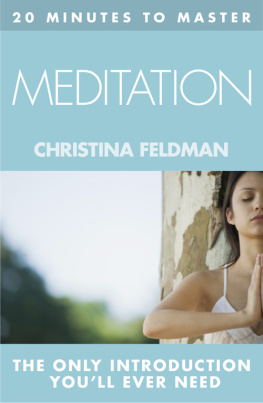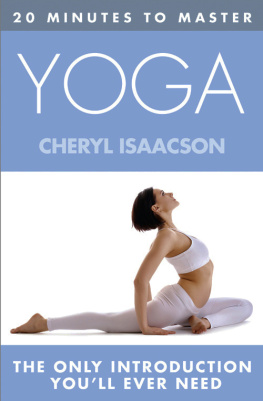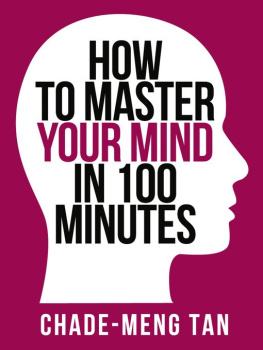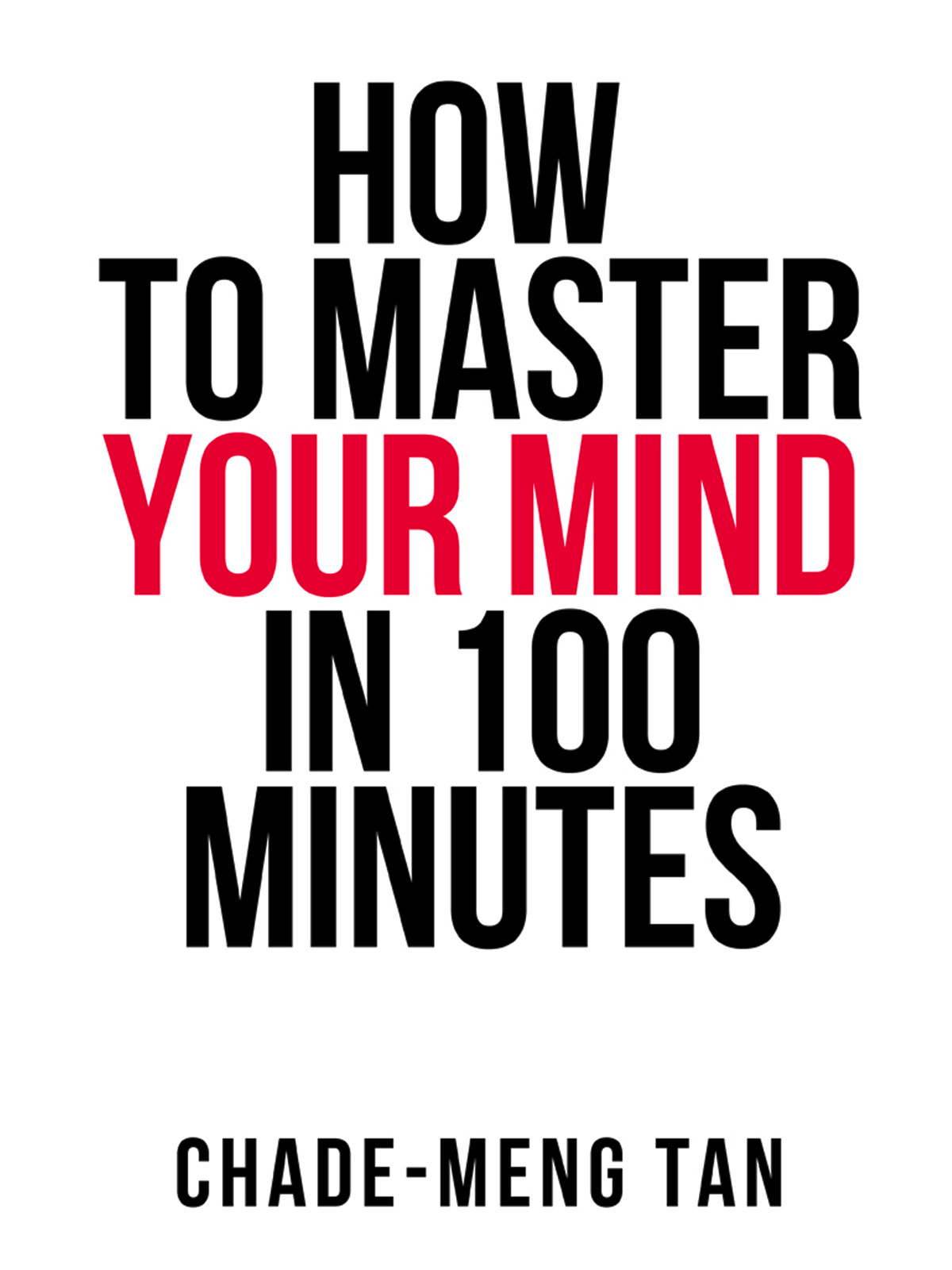
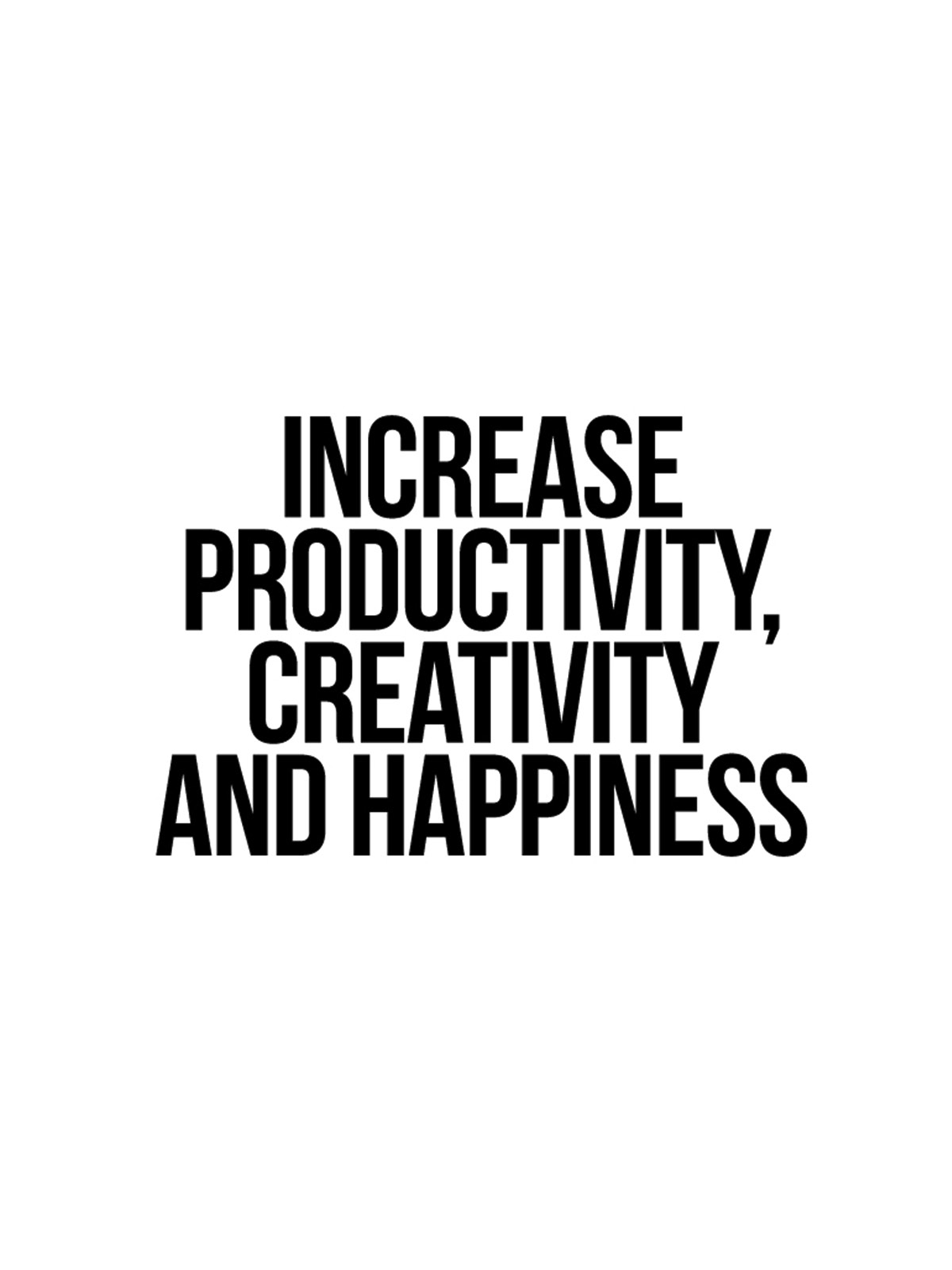

Mindfulness trains two important faculties, attention and meta-attention. Attention is something we all understand.
Lets say you are paying attention to an object, and eventually your attention wanders away to something else. After a while, there is something in your mind that clicks to let you know, hey, your attention has wandered. That faculty is meta-attention.
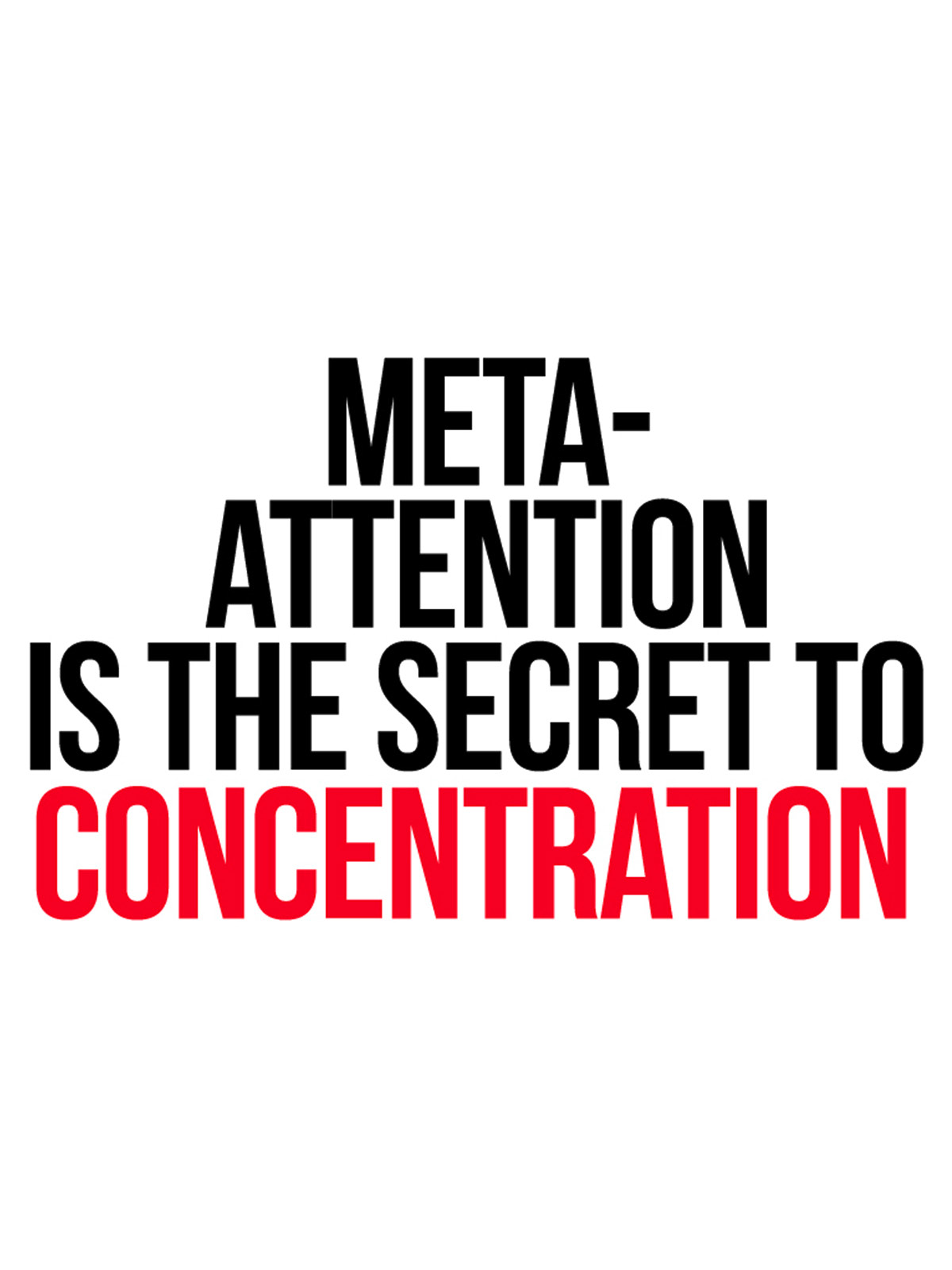

Meta-attention is also the secret to concentration. The analogy is riding a bicycle. The way you keep a bicycle balanced is with a lot of micro-recoveries. When the bike tilts a little to the left, you recover by adjusting it slightly to the right, and when it tilts a little to the right, you adjust it slightly to the left. By performing micro-recoveries quickly and often, you create the effect of continuous upright balance. It is the same with attention.

When your attention and meta-attention both become strong, something interesting happens. Your mind becomes increasingly focused and stable, but in a way that is relaxing. It is like balancing a bicycle on easy terrain. With enough practice you get the experience of moving forward and being relaxed at the same time.
When the mind becomes highly relaxed and alert at the same time, three wonderful qualities of mind naturally emerge: calmness, clarity, and happiness.


What does the happiest man in the world look like? He certainly does not look like me. In fact, he looks like a bald French guy in Tibetan robes. His name is Matthieu Ricard.
Matthieu was born and grew up in France. In 1972, after completing his Ph.D. in molecular genetics at the Institut Pasteur, he decided to become a Tibetan Buddhist monk. I tell him that the reason he became a monk is because he could not join Google back in 1972 and the monk thing seemed like the next best career choice.
Matthieus career choice leads us to the story of how Matthieu became the happiest man in the world. When the Dalai Lama became interested in the science of meditation, he invited Tibetan Buddhist monks to participate in scientific studies. Matthieu was an obvious choice as a subject, as he was a bona fide scientist, understood both Western and Tibetan ways of thinking, and had decades of classical meditation training. Matthieus brain became the subject of numerous scientific studies.
One of many measurements conducted on Matthieu was his level of happiness. There turns out to be a way to gauge happiness in the brain: by measuring the relative activation of a certain part of your left prefrontal cortex versus your right prefrontal cortex. The stronger the relative left-tilt is measured in a person, the more that person reports positive emotions, such as joy, enthusiasm, high energy, and so on. The reverse is also true; those with higher activity on the right report negative emotions. When Matthieus brain was scanned, his happiness measure was completely off the charts. He was, by far, the happiest person ever measured by science. Pretty soon, the popular media started nicknaming him the happiest man in the world. Matthieu himself is a little annoyed by that nickname, which creates an element of humorous irony.
Extreme happiness is not the only cool feat Matthieus brain can pull off. He became the first person known to science able to inhibit the bodys natural startle reflex-quick facial muscle spasms in response to loud, sudden noises. Like all reflexes, this one is supposed to be outside the realm of voluntary control, but Matthieu can control it in meditation.
The stories of Matthieu and other masters of contemplative practices are deeply inspiring. These masters demonstrate that each of us can develop an extraordinarily capable mind that is, first and foremost, profoundly peaceful, happy, and compassionate. The methods for developing such an extraordinarily capable mind are accessible even to you and me. Thats what this Short, and the book it is based on are about.
In Google, the effort to make these methods widely accessible began when we asked ourselves this question: what if people can also use contemplative practices to help them succeed in life and at work?

When you go to the gym, you are training your body so that it can gain more physical abilities. If you lift weights, you will eventually become stronger. If you regularly jog, you will be able to run farther. In the same way, meditation is like training your mind so that it can gain more mental abilities.
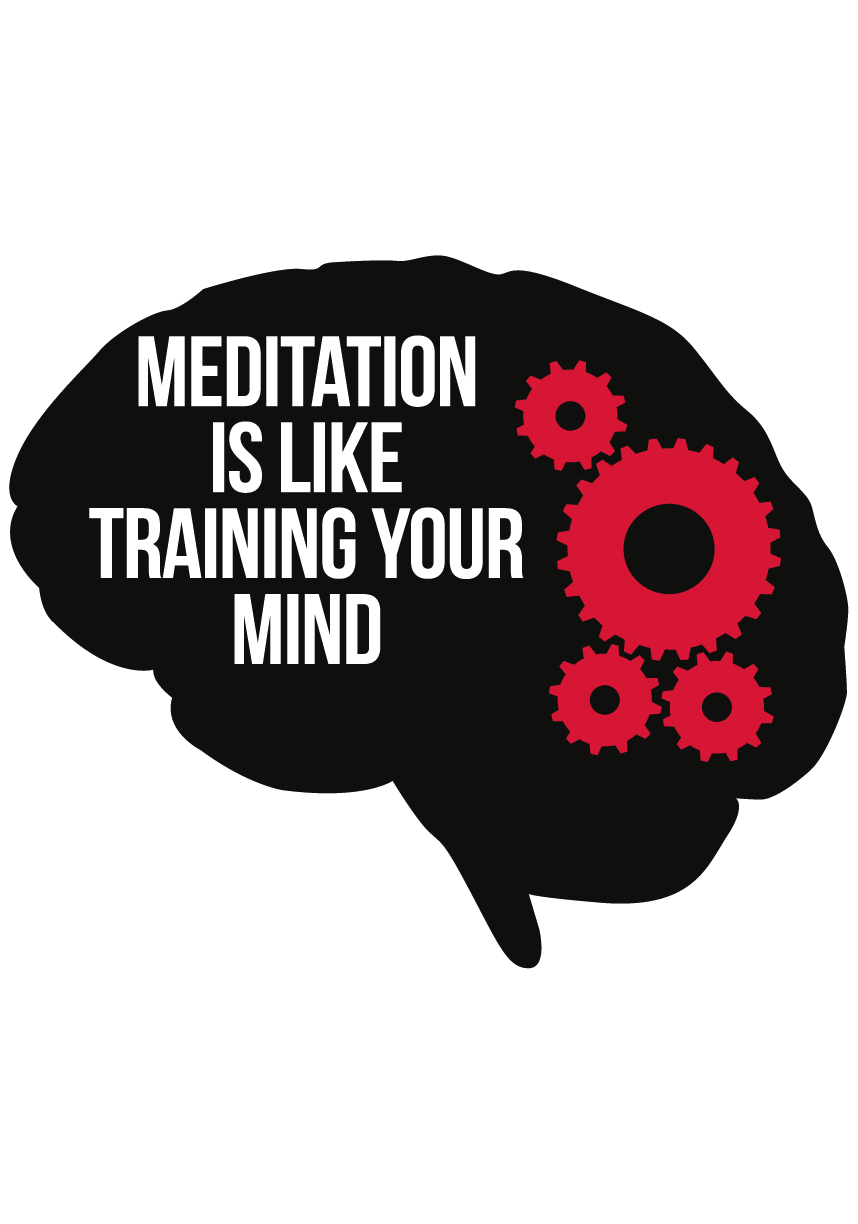
One important similarity between exercise and meditation is that, in both cases, growth comes from overcoming resistance. For example, when you are weight training, every time you flex your biceps in resistance to the weight of dumbbells, your bicep muscles grow a little bit stronger. The same process happens during meditation. Every time your attention wanders away from your breath and you bring it back, it is like flexing your biceps your muscle of attention grows a bit stronger.
The implication is that there is no such thing as a bad meditation. For many of us, when we meditate, we find our attention wanders away from our breath and we keep having to bring it back, and then we think were doing it all wrong. In fact, this is a good exercise because every time we bring a wandering attention back, we are giving our muscles of attention an opportunity for growth.
A second similarity between exercise and meditation is they can both significantly change the quality of your life. You will have more energy, you can get more stuff done, you get sick less often, you look better in the mirror, and you just feel great about yourself and you dont even need to sweat.

Start by creating an intention, a reason for wanting to abide in mindfulness. Perhaps it is to reduce stress. Perhaps it is to increase your own well-being. Maybe you want to cultivate your emotional intelligence for fun and profit.
After creating the intention, the next thing to do is to follow your breath. Just bring a gentle attention to the process of breathing. That is all.
Next page

